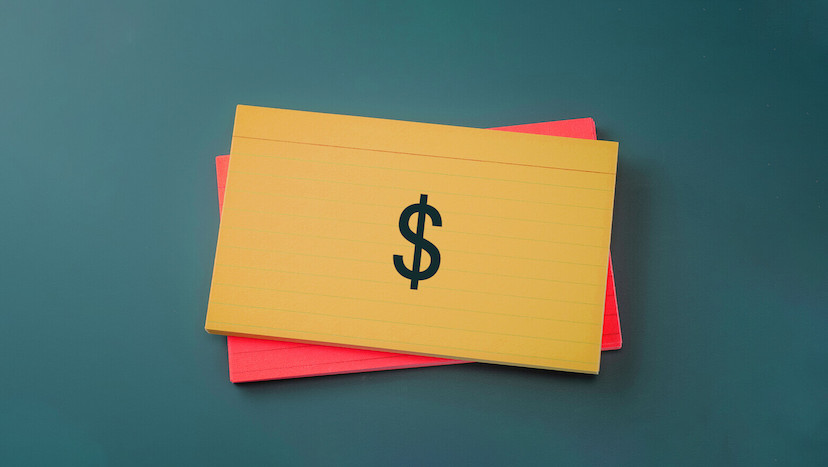An Update on the Paycheck Protection Program
The Next Phase of the PPP
After Paycheck Protection Program (PPP) funds ran out on April 16, the House and Senate passed a bill injecting $310 billion more into the program. This money will be loaned to small businesses struggling due to coronavirus. Loans will be forgivable if the money is used for necessary expenditures like payroll and rent.
The latest wave of the PPP got off to a rocky start when the portal where banks submit applications to the Small Business Administration crashed shortly after it opened on Monday morning.
Despite initial challenges, lawmakers hope that this funding will go to where it is needed most. In putting together the bill, officials tried to learn from what happened during the last wave of the program in order to allocate funds in a way that will protect businesses and jobs most effectively.
Misallocations Managed
The PPP was intended to prop up companies with fewer than 500 employees, but during its first phase, larger companies still received loans. Over 220 public companies including Ruth’s Hospitality Group (RUTH) and the Los Angeles Lakers applied for at least $870 million in loans.
Treasury Secretary Steven Mnuchin has stated that any business taking out more than $2 million in loans moving forward will be audited. The Small Business Association has also clarified the terms of loans for borrowers, hoping to remove larger companies with access to capital from the applicant pool, and to make room for smaller operations in need of cash.
The SBA’s guidelines now state: “It is unlikely that a public company with substantial market value and access to capital markets will be able to make the required certification in good faith, and such a company should be prepared to demonstrate to SBA, upon request, the basis for its certification.”
The Path to Reopening
As businesses wait for updates about PPP aid, some are eager to begin the process of reopening so they can attempt to generate sales at their respective establishments. The next steps are delicate to say the least, and a patchwork of plans has cropped up in different states and at various companies across the country.
Last Friday, Georgia Governor Brian Kemp eased stay-at-home restrictions and allowed some small businesses, including hair salons and gyms, to open. Other states followed suit on Monday, including Tennessee, Mississippi, and South Carolina.
Simon Property Group, the largest mall owner in the US, has revealed plans for reopening 49 of its properties in early May, albeit with limited operating hours and increased sanitation measures. Individual retailers are also weighing decisions about when and how to restart operations. Some, like Nordstrom (JWN) and Gap (GPS), have communicated that it might not be financially feasible for some time—especially given predictions that customers may not return to their former shopping habits even after restrictions are eased.
Public health experts are also reminding the country that it is too soon for a complete return to normalcy. The virus is still spreading to more rural areas from urban epicenters and there hasn’t been enough testing to gauge infection rates.
Though the future is uncertain, help is on the way to many small businesses, in the form of PPP money and for some, in the form of customers trickling back through their doors.
Please understand that this information provided is general in nature and shouldn’t be construed as a recommendation or solicitation of any products offered by SoFi’s affiliates and subsidiaries. In addition, this information is by no means meant to provide investment or financial advice, nor is it intended to serve as the basis for any investment decision or recommendation to buy or sell any asset. Keep in mind that investing involves risk, and past performance of an asset never guarantees future results or returns. It’s important for investors to consider their specific financial needs, goals, and risk profile before making an investment decision.
The information and analysis provided through hyperlinks to third party websites, while believed to be accurate, cannot be guaranteed by SoFi. These links are provided for informational purposes and should not be viewed as an endorsement. No brands or products mentioned are affiliated with SoFi, nor do they endorse or sponsor this content.
Communication of SoFi Wealth LLC an SEC Registered Investment Advisor
SoFi isn’t recommending and is not affiliated with the brands or companies displayed. Brands displayed neither endorse or sponsor this article. Third party trademarks and service marks referenced are property of their respective owners.
SOSS42901



